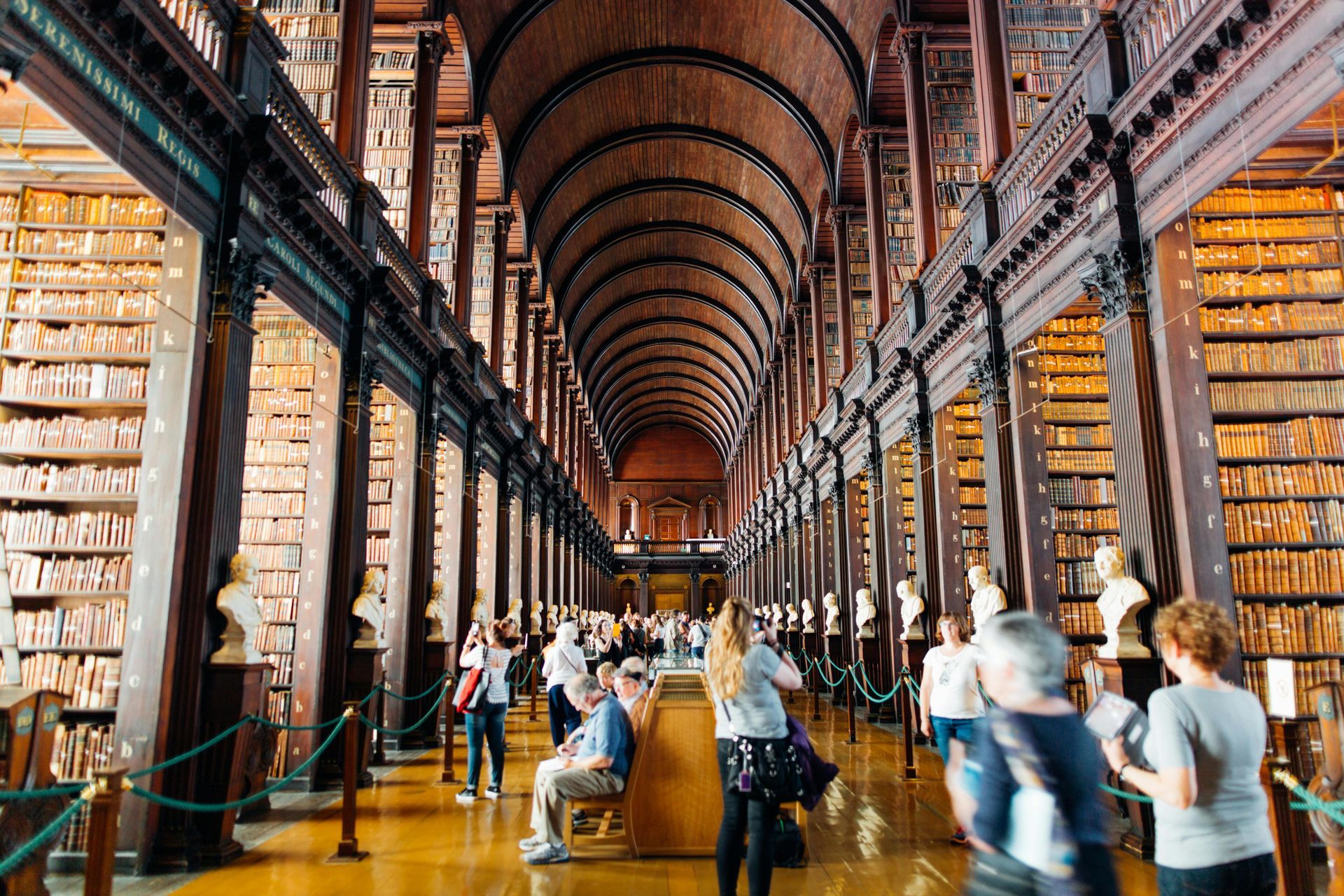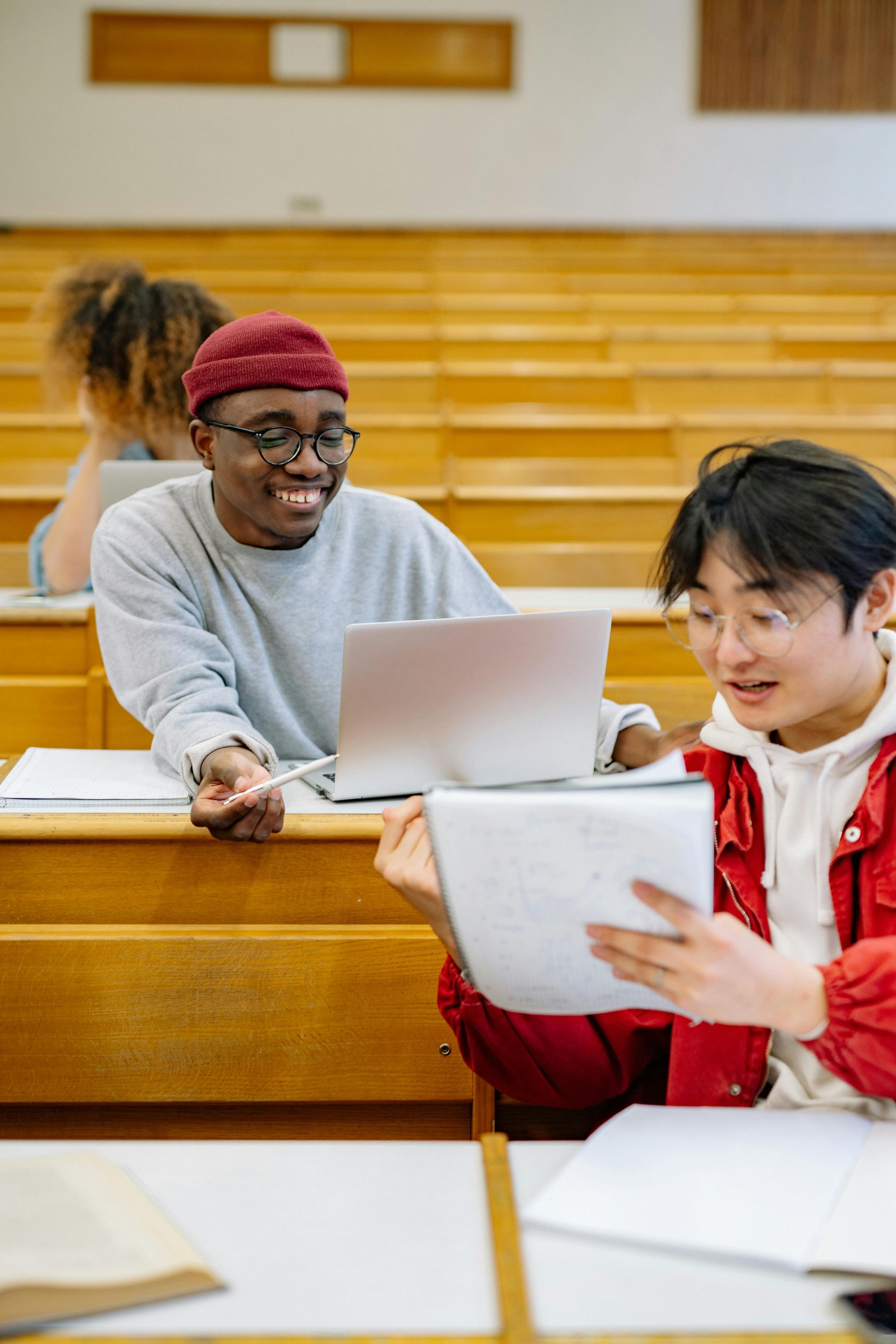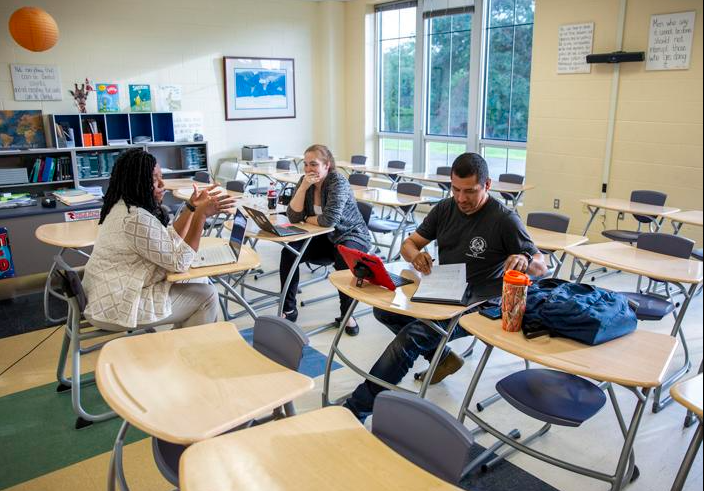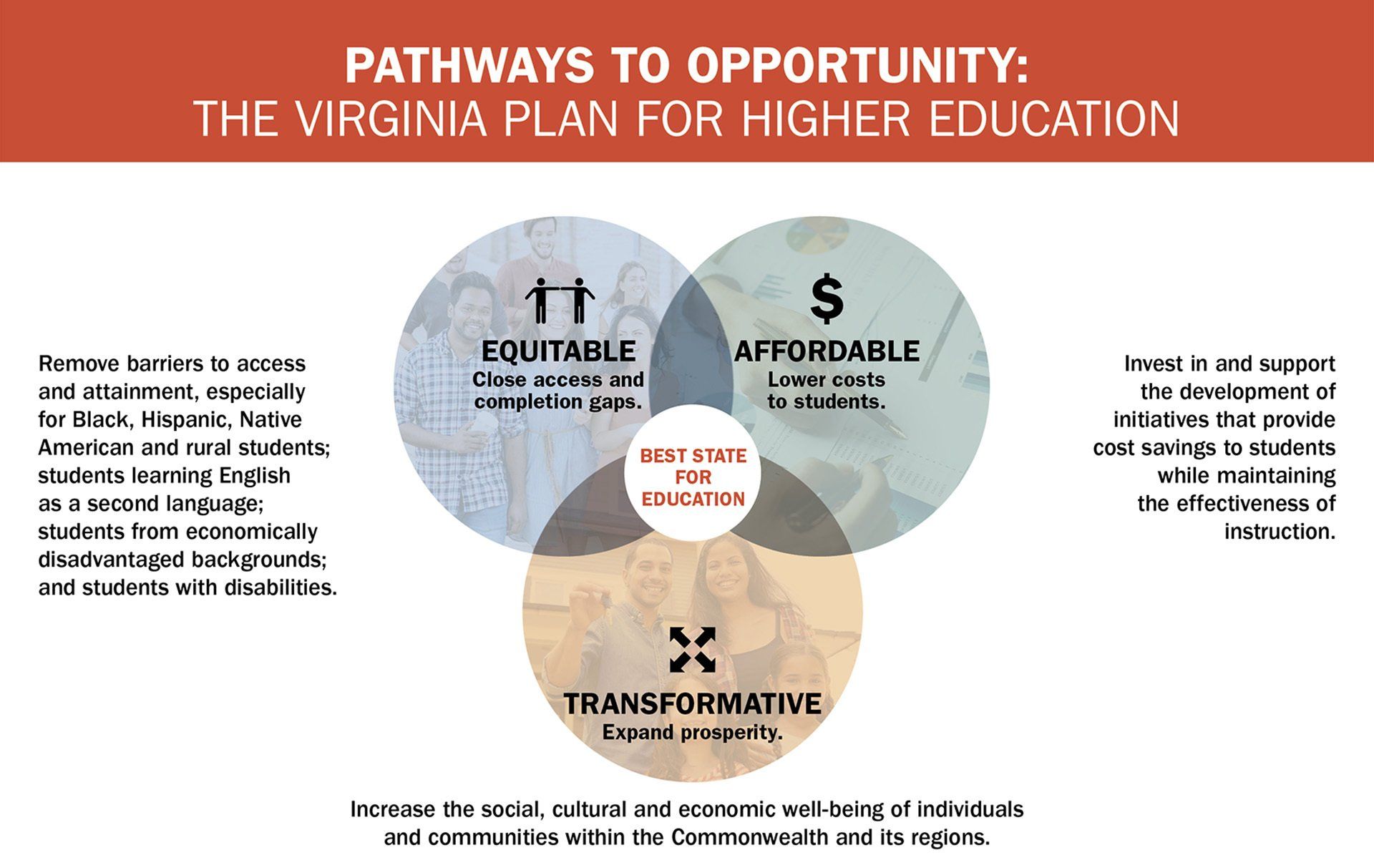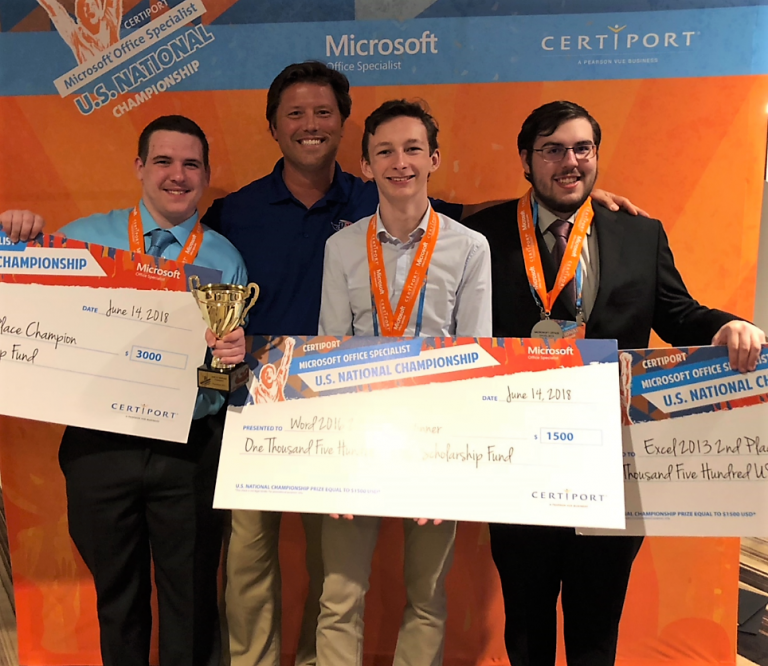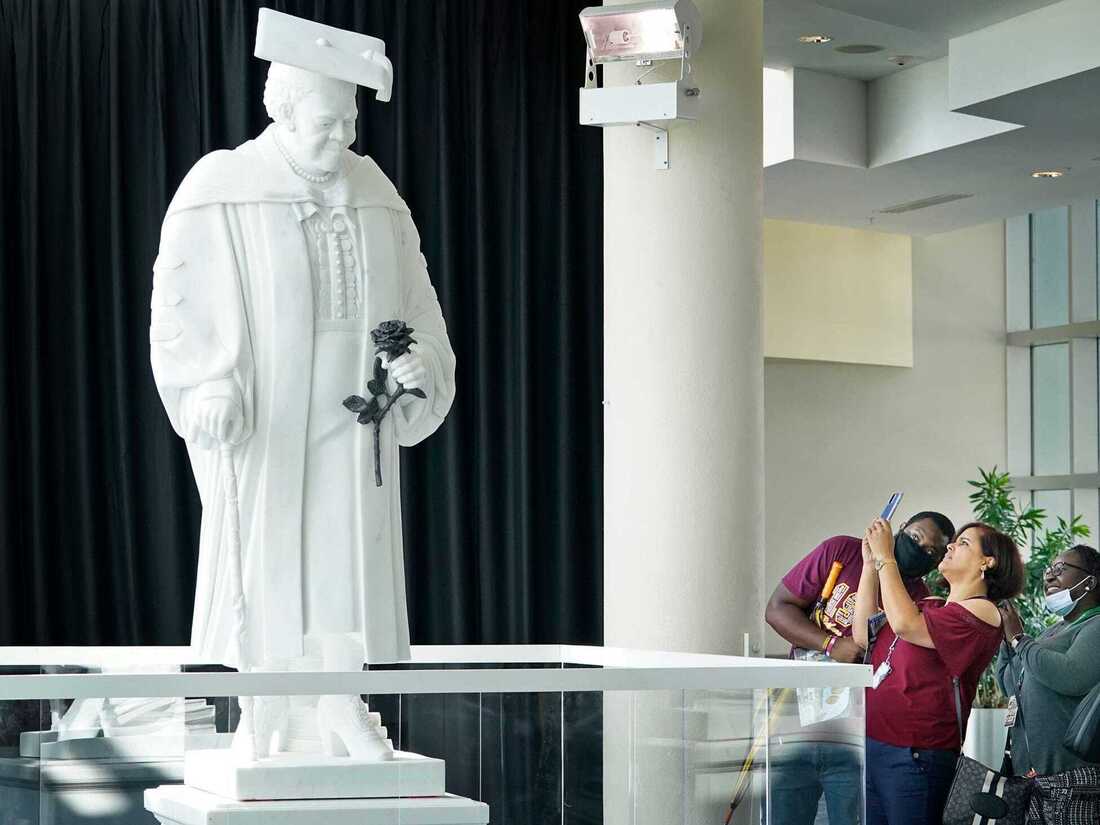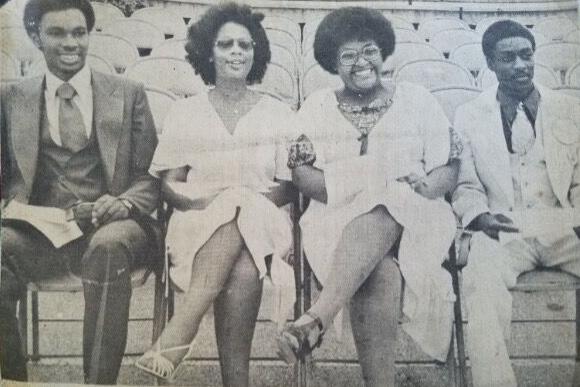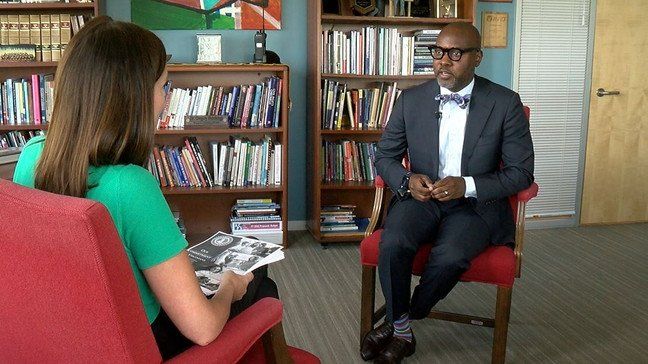Confusing rules, loopholes and legal issues: College vaccination plans are a mess
engr1 • August 10, 2021
Confusing rules, loopholes and legal issues: College vaccination plans are a mess
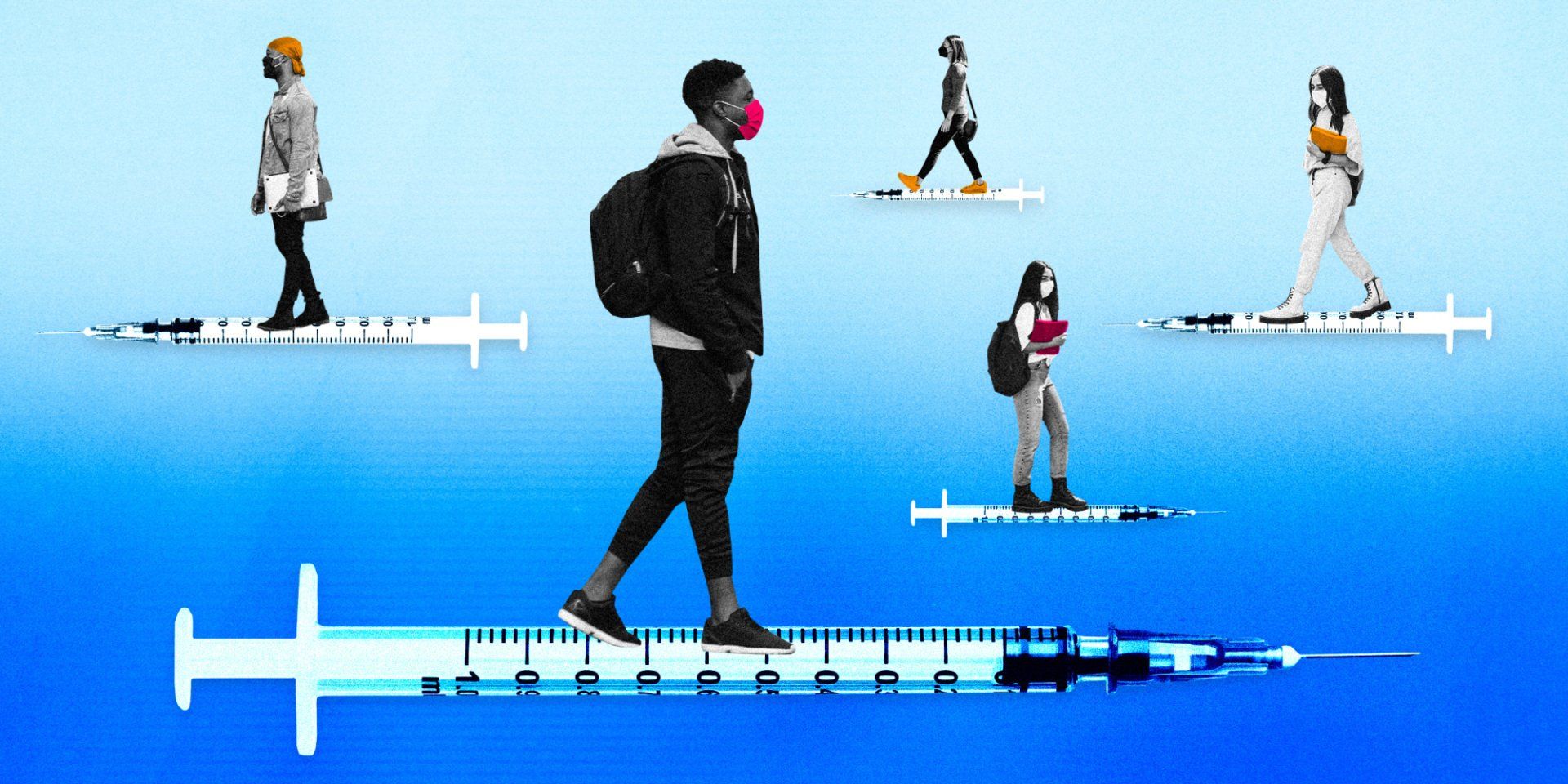
In just the last two weeks, more than 120 of nearly 400 public and private colleges and universities analyzed by NBC News have added vaccination requirements.
When the coronavirus began to spread around the country last year, most colleges and universities shut their doors. And when they began to reopen in the fall, they did so in piecemeal and convoluted ways.
In some cases, students could live in dorms but had to take classes online. Dining halls were reservation-only. Singing was banned. While some schools avoided major outbreaks, others became hot spots.
The introduction of three Covid-19 vaccines early this year to college populations seemed to present an exit from these patchwork reopenings, which robbed students of a traditional college experience. But an NBC News analysis of rules across the U.S. found that vaccination requirements for students have proven to be just as complicated as the frenetic fall 2020 semester, if not more so.
In Texas, public universities can’t require a vaccination, but private ones can. In Massachusetts, where colleges and universities can mandate Covid-19 vaccinations, 43 of more than 100 had agreed to do so by mid-May. In New York, public universities cannot allow for religious exemptions, while a majority of the state’s private universities can.
That patchwork approach is reflected across the country. An NBC News analysis of more than 500 colleges and universities that are requiring the Covid-19 vaccination found that the vast majority have unclear directives, loopholes or legal complications that are leaving professors frustrated, students unmotivated and a potential public health crisis come fall. To add to the confusion, among all states and jurisdictions, 19 have statewide regulations for public colleges: Seven require vaccinations for students and 12 do not.
Among other findings in the analysis:
- Sixty-seven percent of schools in Hawaii and 50 percent in New York require vaccinations.
- Schools in 12 states, including Alabama and Florida, which have seen some of the highest numbers of Covid-19 cases in the country, do not require their students to be vaccinated.
- All of the 12 states that do not currently require vaccinations at their colleges or universities voted for Donald Trump in the 2020 election.
- Georgia has more than 70 colleges and universities, but only eight of them require vaccinations. Of those eight, five are historically Black institutions.
- Eighty percent of the schools analyzed allow for religious exemptions from vaccination requirements.
- In Michigan, 11 of 15 public colleges and universities remain undecided on requirements altogether.
- In the Northeast, 253 schools are requiring vaccinations, compared to 90 schools in the South.
With no federal guidance and legal boundaries that shift by the week, colleges and universities are struggling to implement plans to safely reopen. And while President Joe Biden has said July 4 will mark a return to normal for the country, university administrations will face a vaccination problem on campus that likely won’t go away anytime soon.
Lorine Najjar, 21, a senior at the University of Colorado Denver, hopes schools find a solution.
“I lost my motivation for school,” she said of remote learning. “I understand why people are scared to get the vaccine, but it will help return us to normal life.”
'Bad public health and bad public policy'
The challenge some schools face in vaccination efforts starts at the top: their state’s governor.
As Republican governors waged wars on vaccine passports — documentation of a Covid-19 vaccination that is required to enter certain spaces — colleges found themselves in the crosshairs. The so-called passports are usually discussed in the context of travel or access to large gatherings, but in states like Wyoming and Florida, officials told colleges that a Covid-19 vaccination requirement fell under the “vaccine passport” umbrella.
Nova Southeastern University, located in Fort Lauderdale, Florida, announced on April 1 it would be requiring a vaccination for all students, faculty and staff prior to returning to campus in the fall. Shortly after, Florida Gov. Ron DeSantis, a Republican, on May 3 signed into law a bill barring schools, government entities and businesses from asking for proof of a Covid-19 vaccination.
Two days later, Nova Southeastern was forced to reverse the requirement, which had become illegal.
“I am frustrated with the state,” said Charles Zelden, a professor of history and politics at Nova Southeastern. “They are getting in the way of my classroom, my purpose to educate my students.”
Nova Southeastern was hoping the vaccination requirement would bring a return to normalcy on campus. Now, the school needs a new plan.
“We are having people self-report on a voluntary basis if they have been vaccinated, and once we hit herd immunity on campus, or 80 percent vaccinated, then we will be able to open campus more so, but still not completely,” Zelden said.
Not everyone objects to the change. Aliyah Gomez, 19, a rising sophomore, is happy vaccination is no longer required.
“I was taken aback when I originally read the school was going to require the vaccine,” Gomez said. “It feels a bit pushy and I’m not the only one who thought this was rushed.” Gomez plans to eventually get vaccinated but wants to wait a little while.
States are well within their rights to ban mandates, said Patricia Kuszler, the director of the University of Washington’s Center for Law, Science and Global Health, though she said she would prefer to see vaccination requirements at schools across the country.
Kuszler said the Florida law is “bad public health and bad public policy” but perfectly legal, making local opposition to it difficult.
DeSantis’ office defended that decision in an email to NBC News, saying “vaccine passports reduce individual freedom and harm patient privacy.”
Attempts to require the shot have been complicated by the fact the vaccines remain under emergency authorization, leaving some school administrators waiting on the Food and Drug Administration to learn if they can legally mandate it.
Two Texas universities just 6 miles away from each other are in very different positions. At the University of Texas at Austin, a Covid-19 vaccination can’t be required after Gov. Greg Abbott issued an executive order banning organizations that receive state funds from doing so. Just across the river, St. Edward’s University, a small, private Catholic school, is requiring students to get vaccinated.
A St. Edward's spokesperson said the governor’s order “did not impact or change the university's policy.”
KK Villarreal, a parent of a St. Edward’s student and an Austin resident, sees the policy as prudent.
“I really don’t see what the fuss is all about,” Villarreal, 55, said. “I’d strongly prefer that everyone get vaccinated, but I actually believe in the science. No one’s head is exploding because all freshmen have to have a meningitis vaccine.”
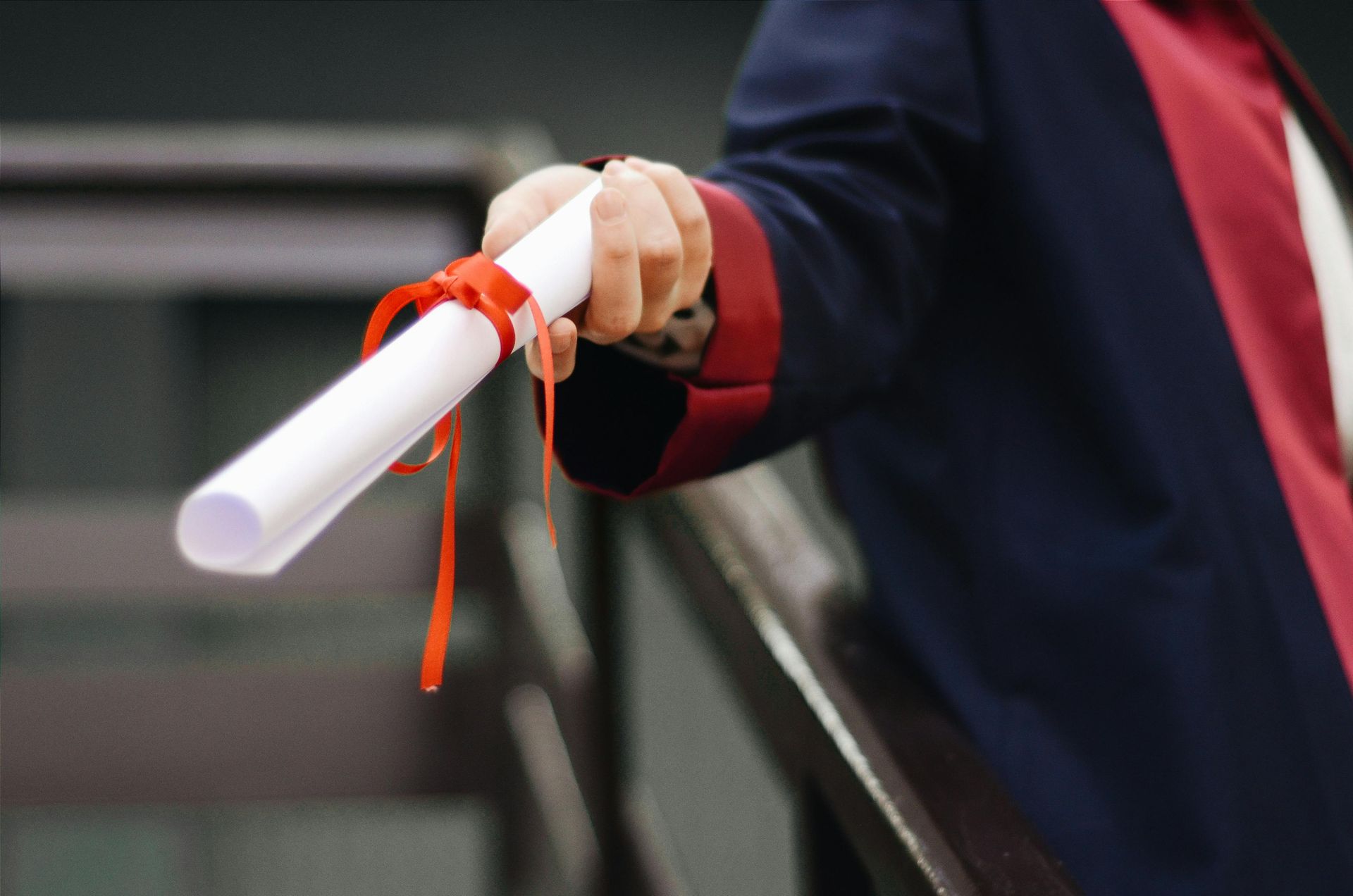
For many students, going to college is an expected next step guided by parents who’ve been there before, supported by family traditions, and reinforced by generational knowledge. But for first-generation college students, the journey looks very different. Being the first in your family to attend college is both an incredible achievement and a unique challenge. These students often carry the hopes of their families, navigate unfamiliar systems on their own, and balance financial pressures that can make higher education feel out of reach. That’s where scholarships come in not just as financial aid, but as powerful tools for opportunity, confidence, and transformation. At the Bethune Scholarship Foundation , we believe scholarships do more than help students enroll in college. They help first-generation students become confident scholars, resilient leaders, and change-makers for future generations.
